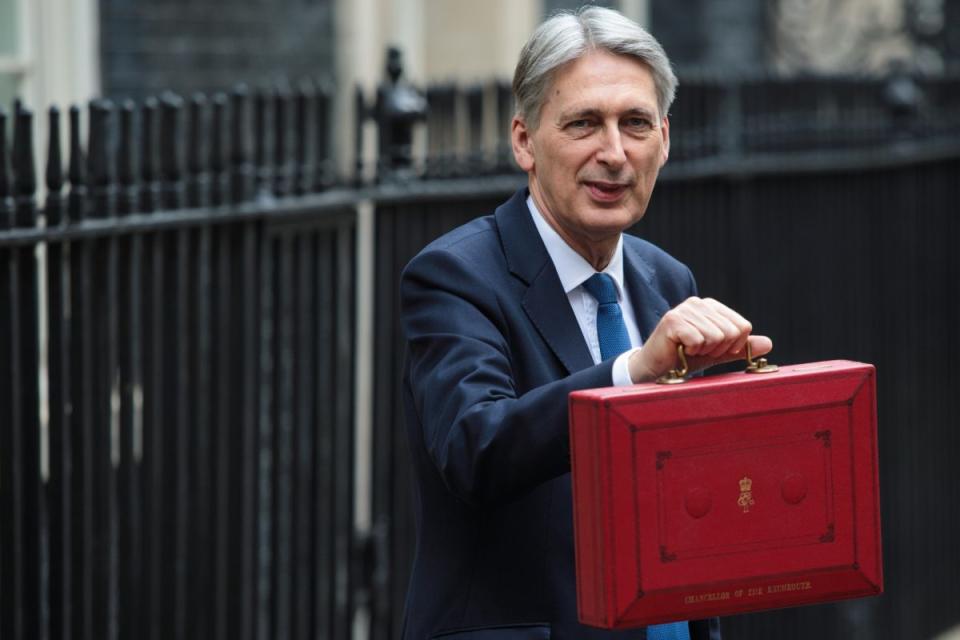Spring Budget 2017: UK growth upgraded with impact of Brexit revised

Chancellor of the Exchequer Philip Hammond delivered his first Spring Budget on March 8th.
The Chancellor announced the Office for Budget Responsibility (OBR) upgraded growth expectations to 2% for 2017 from a previous forecast of 1.4%.
Growth is then expected to slow to 1.6% in 2018 before accelerating to 2% by 2021.
According to the OBR, borrowing for 2016-17 will be at £51.7 billion down by £16.4 billion from its November forecast. By 2021-22 the deficit is forecast to fall to £16.8 billion.
Economic impact of Brexit forecasted in
Looking ahead with Brexit on the horizon what should we expect?
Jonathan Loynes, chief economist at Capital Economics commenting on today’s budget says forecasts for later years were revised down as the OBR judged that the negative economic impact of Brexit has merely been delayed.
Lyons says: “Meanwhile, although the OBR pulled its forecast for public borrowing this year down sharply from £68 billion to just £52 billion this partly reflects temporary factors which are expected to be unwound next year.”
Lyons believes the Chancellor still has some room for manoeuvre if the economy needs more support, since he meets his fiscal target for the cyclically-adjusted budget deficit to be below 2% of GDP in 2020/21 with a margin of over 1% of GDP.
He believes we should expect the economy to remain rather more resilient than the OBR expects.
“For now though, the big picture is still one of a substantial further tightening of fiscal policy over the coming years,” adds Lyons.

 Yahoo Finance
Yahoo Finance 
